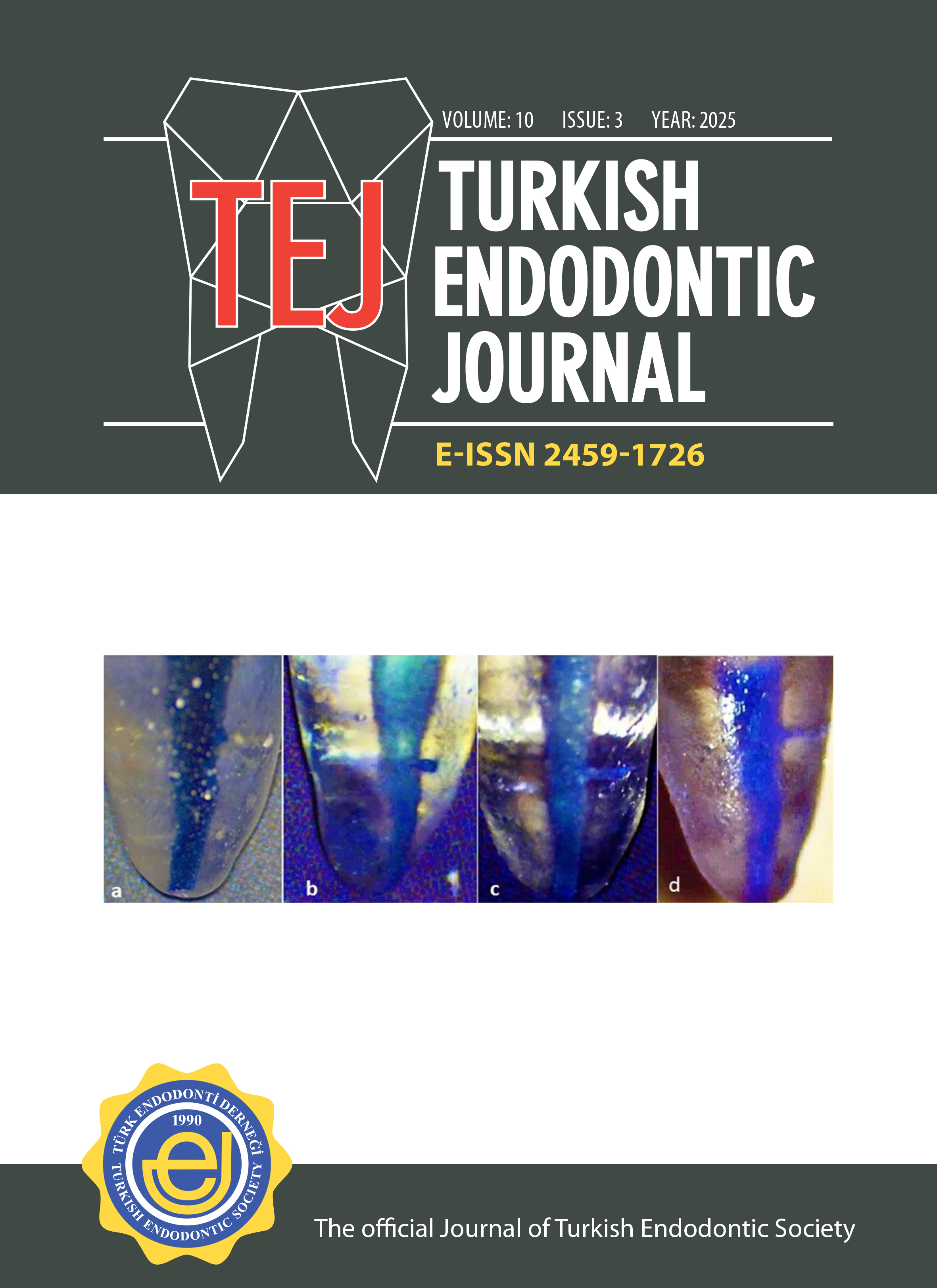Antimicrobial efficacy of calcium hypochlorite in endodontics: A systematic review of in vitro studies
Reshma Rajasekhar1, Sooraj Soman2, Varsha Maria Sebastian11Department of Conservative Dentistry and Endodontics, Mes Dental College, Perinthalmanna, India2Department of Oral and Maxillofacial Surgery, Mes Dental College, Perinthalmanna, India
Purpose: This systematic review analyzes the antimicrobial effectiveness of calcium hypochlorite (Ca(OCl)2) compared to other disinfection strategies used in endodontics.
Methods: In vitro studies on human teeth were included, whereas in vivo studies on animals, bovine teeth, and artificial or immature teeth and review articles were excluded. A search on PubMed, Scopus, Trip, ScienceDirect, and Wiley Online Library until June 2021 for research published in English language was conducted, and additional manual searching using references from eligible studies was also performed. Articles were then transferred to a reference management software, from which titles and abstracts were screened. Selected articles were then retrieved in full text, and data extraction was done using Microsoft Excel. Risk of bias assessment was performed using the methods adapted from previous systematic reviews on in vitro studies.
Results: In total, 11 articles were included in this study, wherein a high to moderate overall quality was observed. Ten studies showed moderate risk of bias, whereas only one study exhibited a low risk of bias. Based on the available evidence, Ca(OCl)2 demonstrated good antimicrobial efficacy, which is comparable to that of sodium hypochlorite as an irrigant.
Conclusion: Ca(OCl)2 can be a potential irrigant in endodontics, and its potency depends on its concentration and duration of action, which needs further analysis.
Keywords: Calcium hypochlorite, root canal treatment, sodium hypochlorite, systematic review.
Manuscript Language: English



















